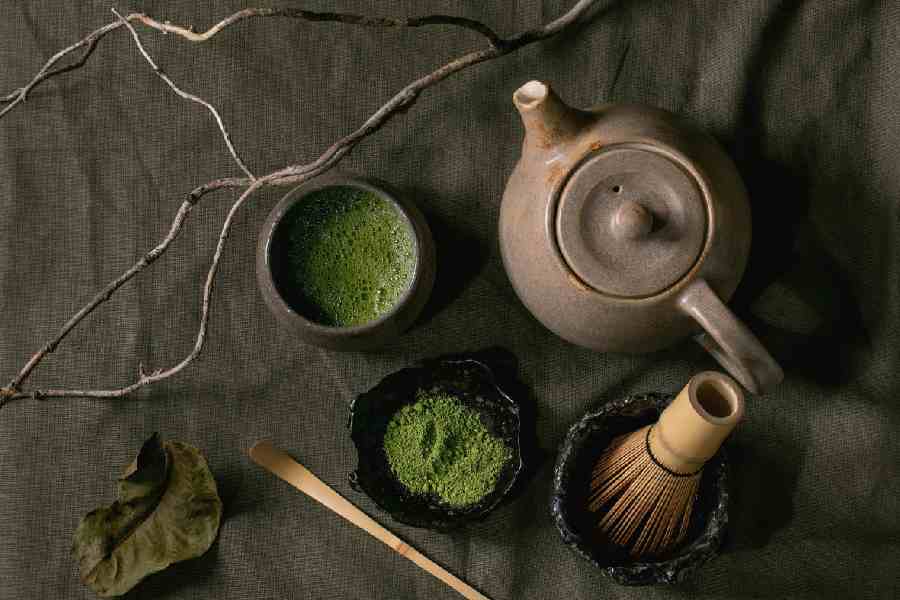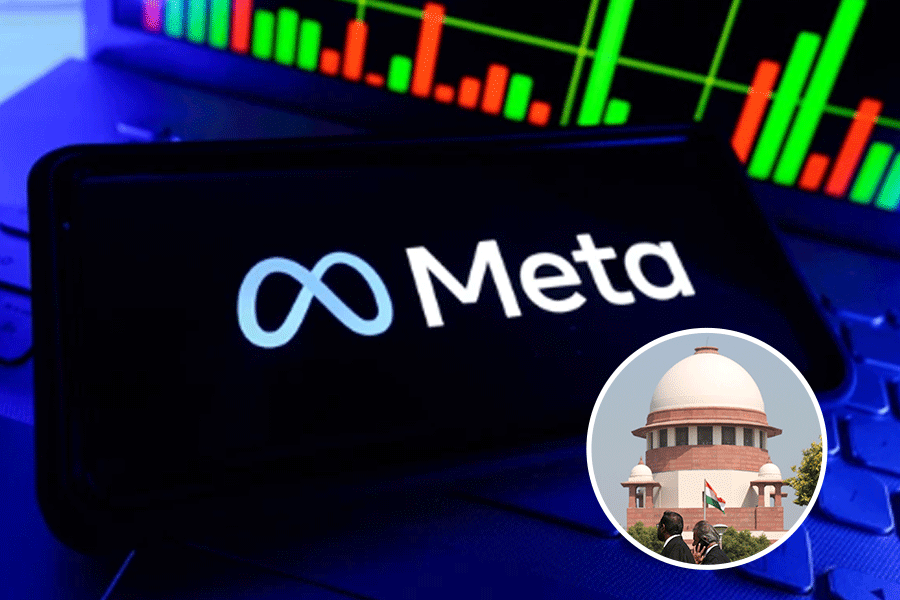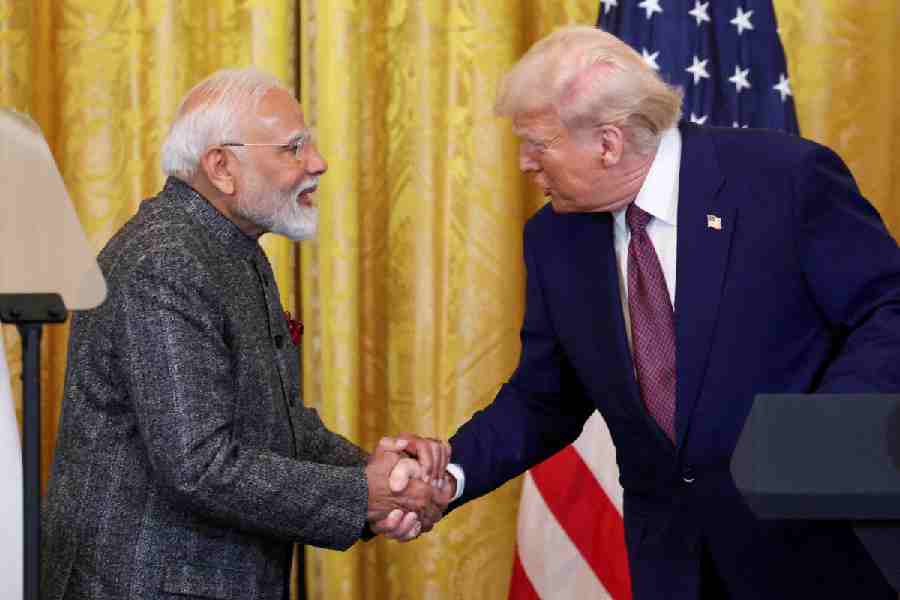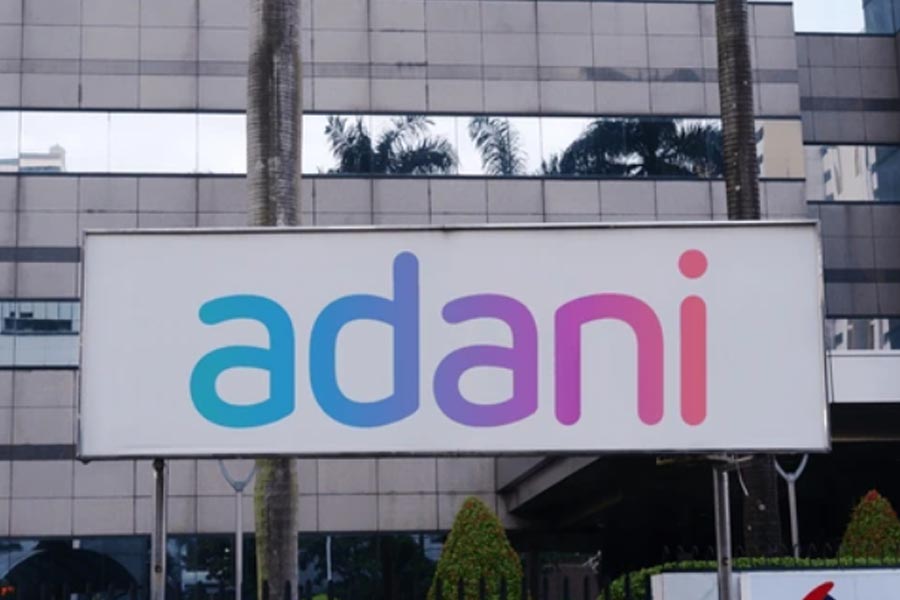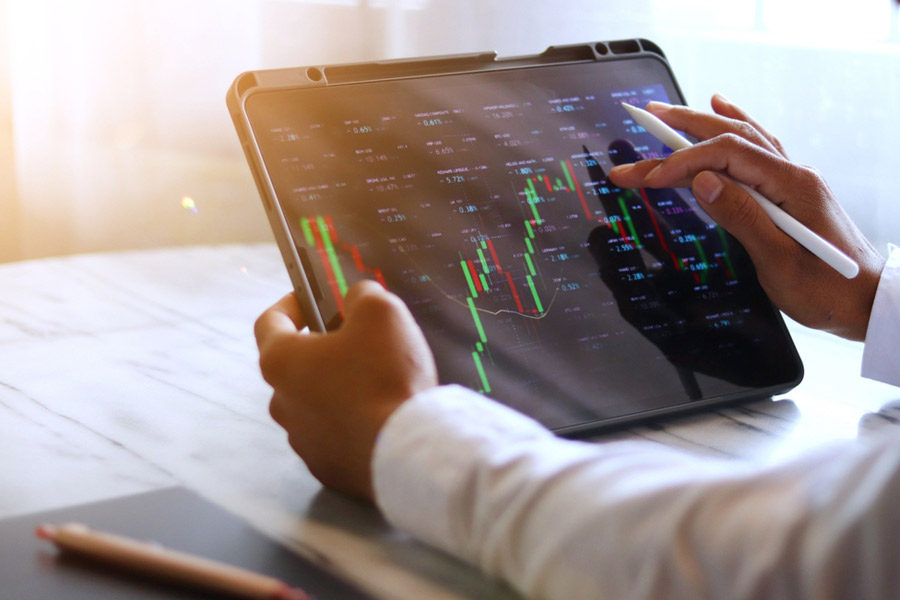Disguised blessing
Sir — Matcha, a kind of green tea, has become something of a trend. It will now be more expensive than usual in the United States of America owing to a tariff on Japanese imports imposed by President Donald Trump. He might just have done the world an unexpected favour. After all, why sip something that tastes like a freshly mowed lawn when there are actual beverages with flavour and dignity? Let the price hike do what reason could not — save the public from another overpriced wellness trend. If this tariff leads to fewer matcha lattes and more common sense, then perhaps Trump deserves a polite nod rather than protest.
Romana Ahmed,
Calcutta
Legacy endures
Sir — I am surprised that Uddalak Mukherjee made no mention of Red Son Superman in “Comrade Clark Kent” (July 30). Red Son Superman was an experiment that swapped Kansas for Kiev and truth, justice and the American way for Stalin, State control, and surveillance. Yet, whether he answers to the Kremlin or the Daily Planet, his flaw is the same: a belief that he knows what is best for everyone else. Red Son Superman micromanaging every aspect of human life is no less patronising than his American counterpart punching his way through problems while claiming to defend ‘freedom’. Red Son Superman tries to show how ideology shapes identity. What it really reveals is how little difference ideology makes when a god decides to parent humanity.
G. David Milton,
Maruthancode, Tamil Nadu
Sir — The group, People’s Heroes, was DC Comics’ Soviet answer to the Justice League. Including characters like Hammer, Sickle, Molotov and Pravda and introduced during the Cold War, the group was a caricature meant to remind readers that America’s enemies wore fur hats and spoke in menacing Slavic accents. But the group was not that different from its Western counterparts. The characters follow orders, protect their homeland, and occasionally question the system they serve. They just do it in Cyrillic.
N. Sadhasiva Reddy,
Bengaluru
Sir — I have been a follower of Clark Kent since the 1940s when my cousin brother first brought me a second-hand comic book from America. But my father — a card-carrying member of the Communist Party — believed with almost religious clarity that the battle between good and evil could be fought on the page, and that the wrong books could do quiet damage. He was deeply suspicious of American comics, especially Superman. To him, he was an imported fantasy designed to distract the colonised mind. “Who decides what is just?” he would ask, staring at the cover with distaste. “And why is he always fighting for the American way?” For him, Superman was not a saviour; he was an enforcer in red boots. A distraction from real-world revolution, real hunger, real imperialism.
Amitava Choudhury,
Calcutta
Sir — The legacy of Joe Shuster and Jerry Siegel deserves greater visibility. They channelled their lived experiences of exclusion into Superman’s original persona. Yet, history remembers the character and not the men who made him. Worse, they lost legal rights to their creation. Restoring their rightful place in the Superman universe is long overdue.
Shreshtha Ghosh,
Calcutta
Sir — The fascination with Superman’s supposed socialist origins ignores how deeply American he has always been. He represents the immigrant success story — assimilation, patriotism, personal virtue. His creators may have experienced hardship but they also wanted broad appeal. To read radical symbolism in Superman is post-hoc fantasy.
Vijay Singh Adhikari,
Nainital
Sir — Suppandi is a village bumpkin who takes things literally, misunderstands instructions, and often ruins his employer’s plans without meaning to. However, if one were inclined to read against the grain, a subversive reading is possible. He is always a worker — a servant, a messenger, a cook, a cleaner — and his masters are inevitably rich, urban, and impatient. His ‘failures’ often result in the embarrassment or inconvenience of these upper-class figures. Despite repeated sackings, he shows no despair or transformation. He drifts cheerfully from one gig to the next, unconcerned by consequences — almost like a trickster figure in peasant folktales. And he is impossible to discipline. No master can fix him. Capital cannot reform him.
A.G. Rajmohan,
Andhra Pradesh
Skewed balance
Sir — India now imports more than a third of its crude oil from Russia (“India defies Trump’s red eye on Russian oil”, Aug 3). That is a steep rise from $5.5 billion in 2020-21 to nearly $64 billion last year. The United States of America, under its president, Donald Trump, wants to punish this trade. The problem is not just American tariffs or NATO’s warnings. The problem is over-dependence on a single supplier. No country can afford to have 36% of its crude come from one place. The smarter option is not appeasement but diversification. Oil is about energy but also about leverage.
Prabin Kanti Roy,
Calcutta

